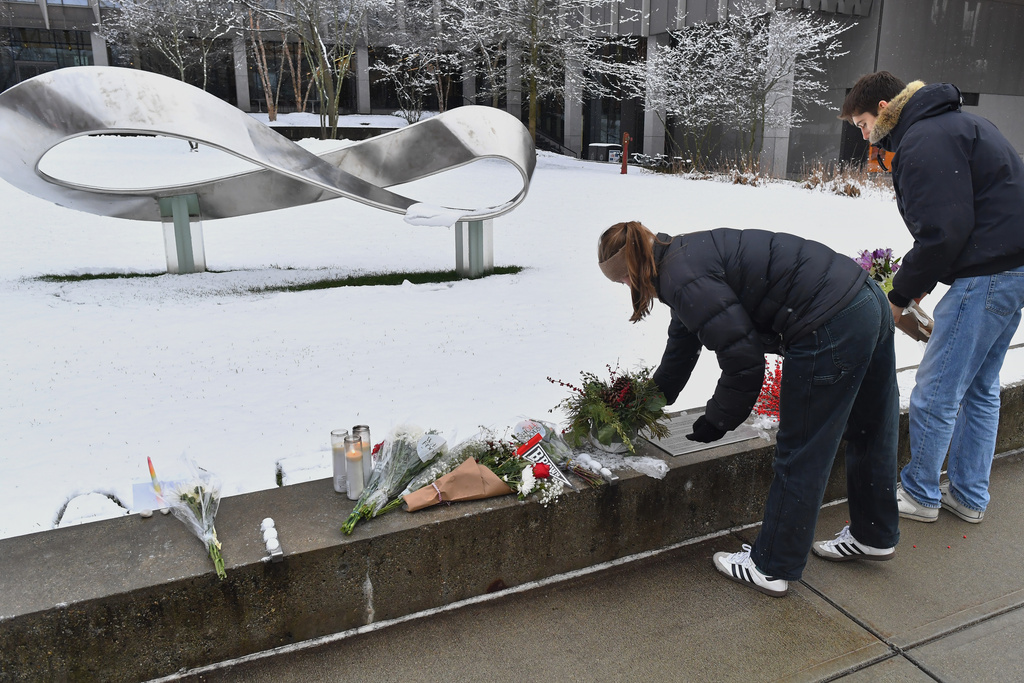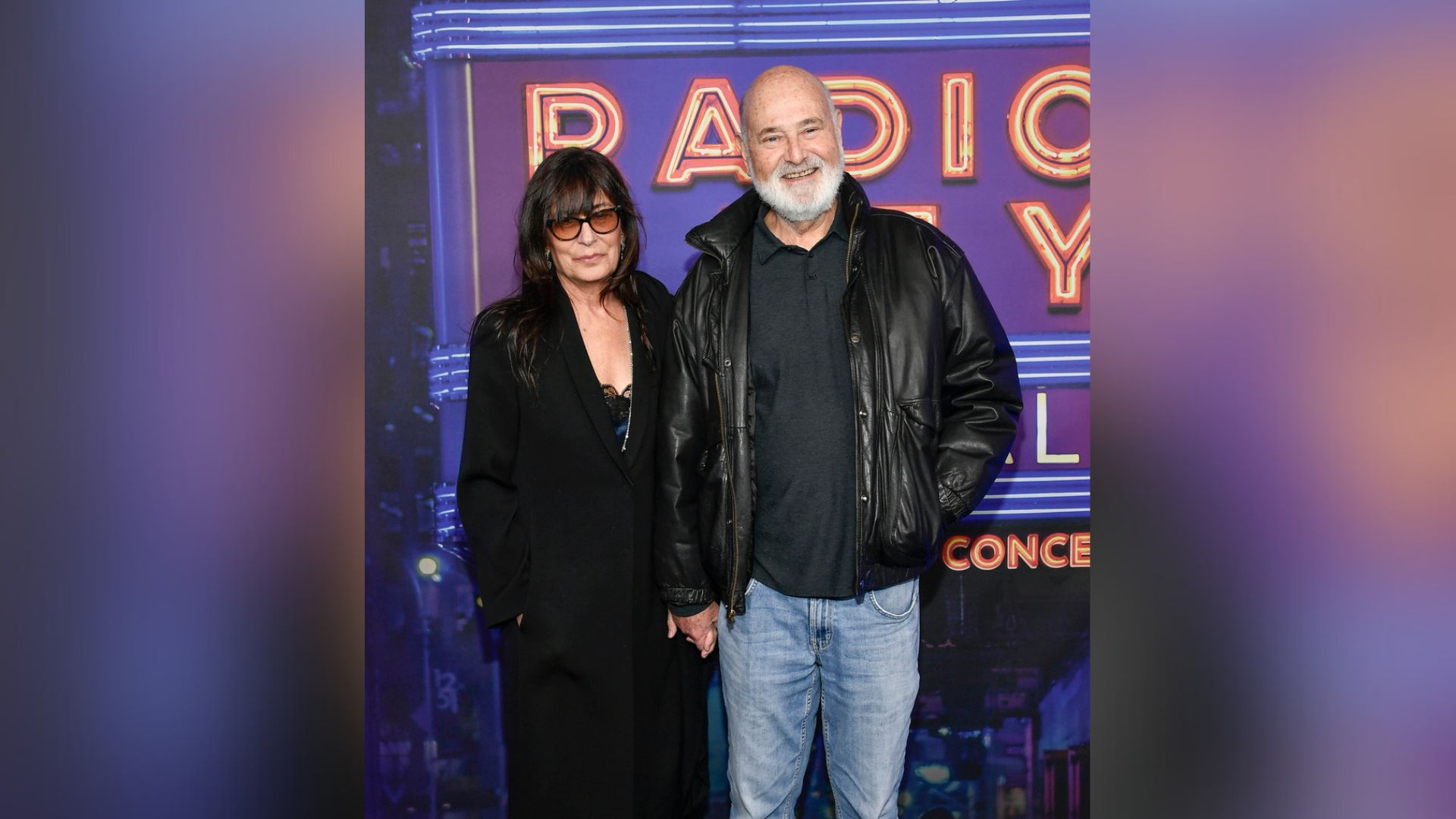Could the classic school field trip, with its buses and permission slips, ever give way to virtual reality headsets?
A new editorial in the journal Science explores that question. In it, Douglas McCauley, assistant professor of ecology at the University of California, Santa Barbara, looks at the rise of the virtual field trip.
Virtual field trips have been around for a while, but they used to be pretty boring: some photos, some text — basically a Wikipedia entry.
But they've come a long way. Nearpod and Google Expeditions let students immerse themselves in places they couldn't normally visit, like Antarctica or even Mars.
These virtual field trips are safer and easier to organize than real outings, and they might soon be cheaper, too. McCauley says traditional field trips have already declined under budget constraints, so schools might be tempted to simply make a switch.
But it's unclear how well these new technologies help kids learn. A few studies have looked at how virtual and augmented reality learning — about, say, the Grand Canyon — helps students retain information better than classroom lectures. The difference is small, though, and real-world experience still reigns supreme.
But McCauley says he's excited about the possibilities of VR. Taking students back to prehistoric times or forward to witness the results of climate change could be a powerful teaching tool.




 Facebook Uses Devastated Puerto Rico To Show Off Its VR App
Facebook Uses Devastated Puerto Rico To Show Off Its VR App






